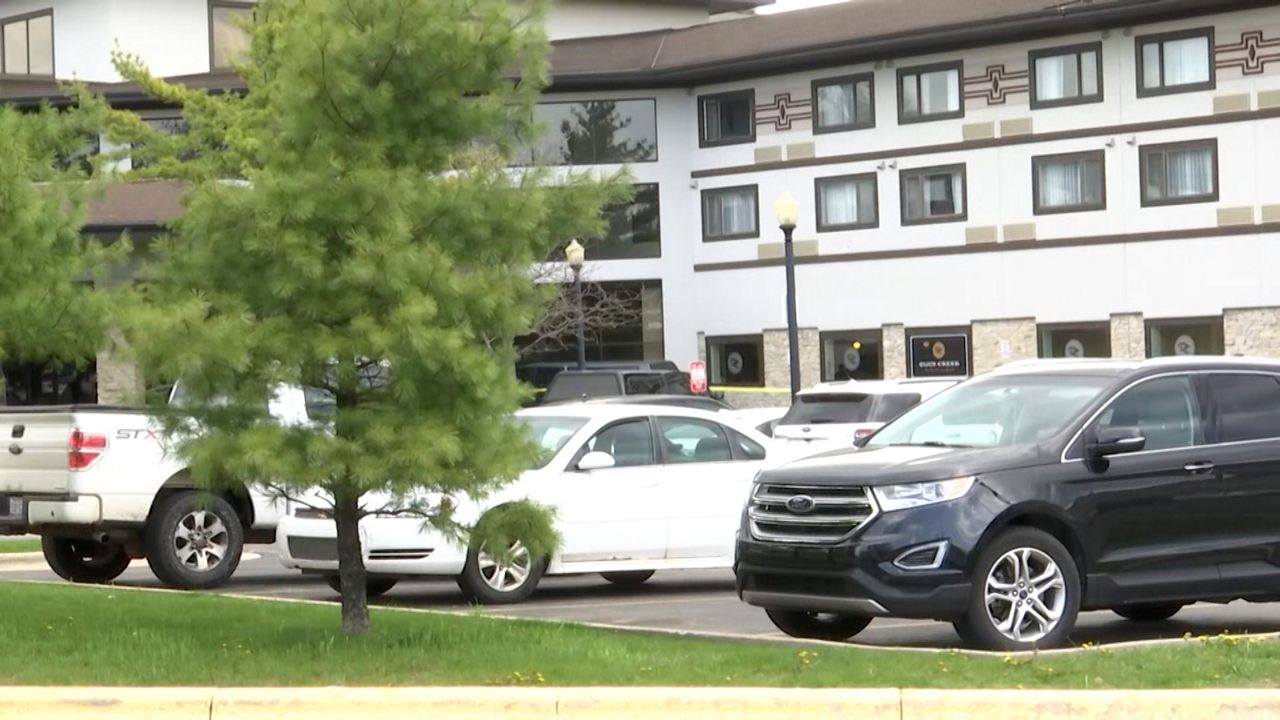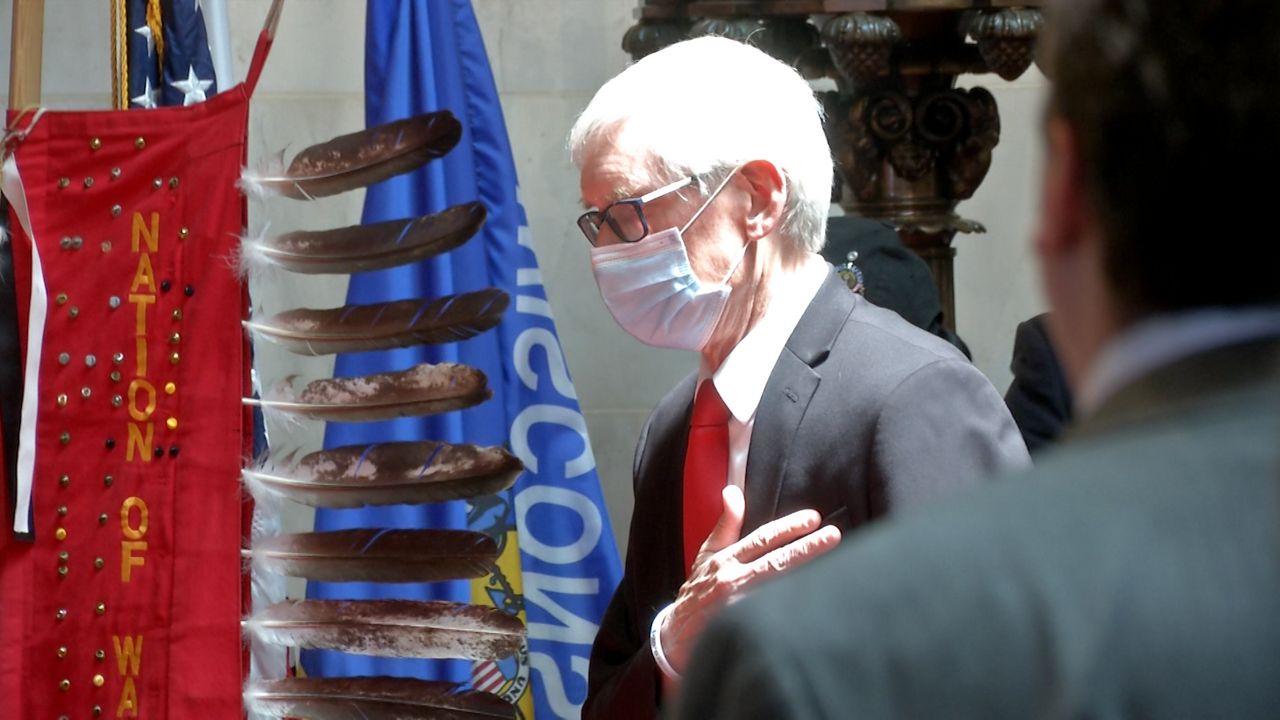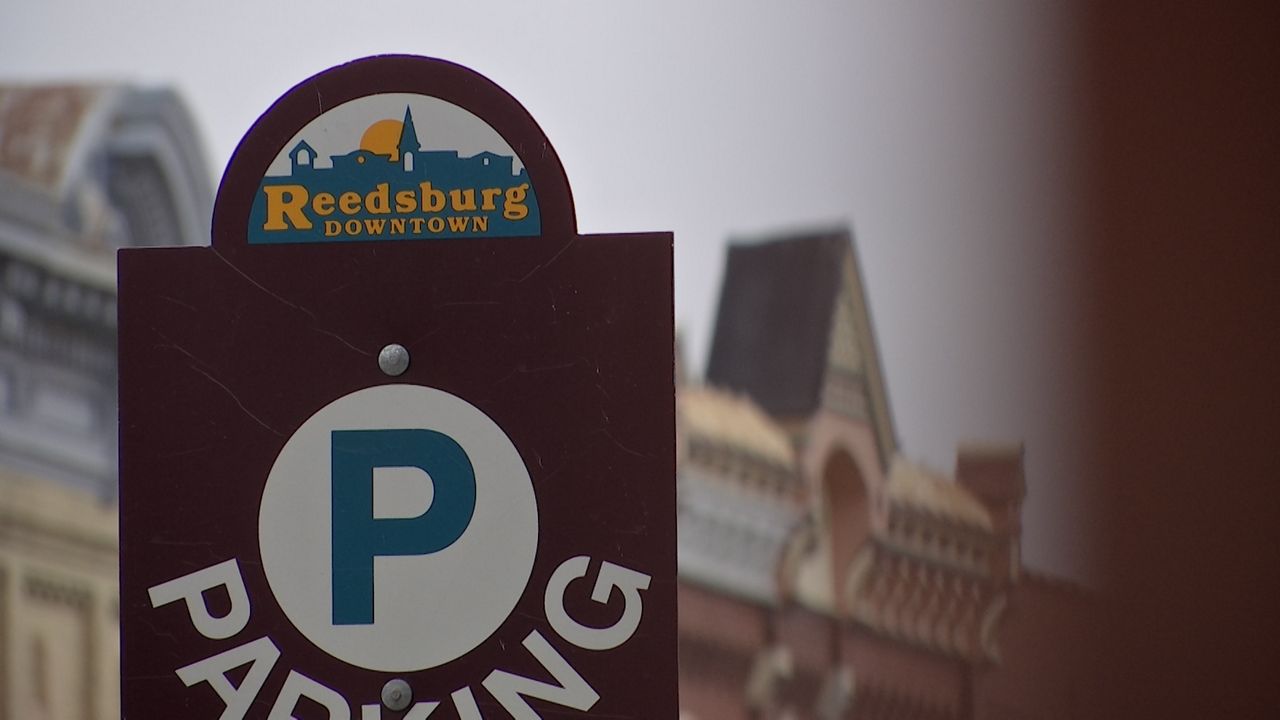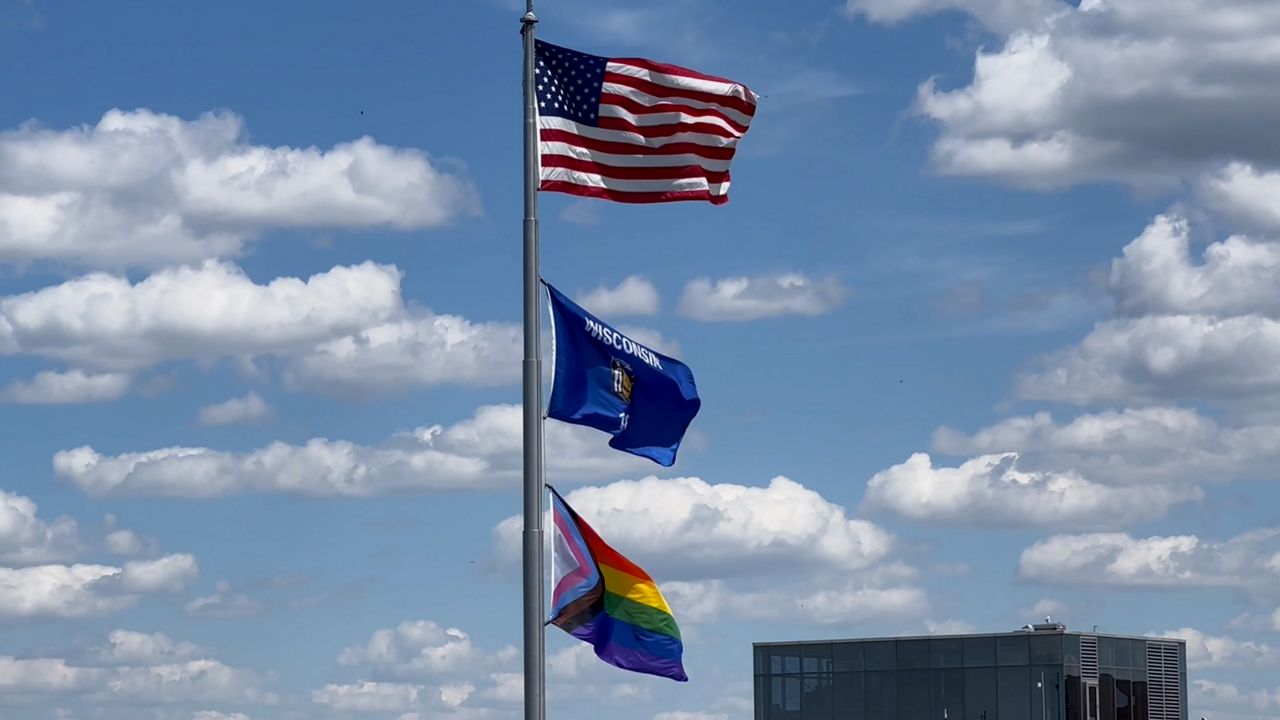MADISON, Wis. — Lawmakers in Madison spent Tuesday afternoon learning about the biggest issues affecting Wisconsin's 11 federally recognized tribal nations.
During his address Tuesday, the president of the Lac du Flambeau Band of Lake Superior Chippewa Indians, John Johnson, Sr., made a point of asking lawmakers to invest in one big resource, especially as they craft the next state budget.
As many places across Wisconsin deal with growing drug problems, Johnson referred to what many tribes deal with as a challenge wrapped in the pandemic.
“Drugs are killing people in northern Wisconsin and across the country,” Johnson said. “Drugs don't discriminate.”
Abuse of prescription drugs and illegal substances aren't the only growing issues though.

“I would be remised if I didn't mention the recent shooting that continues to impact the lives of our Oneida tribal members,” Johnson said.
In the wake of the recent deadly shooting on Oneida Nation casino grounds, Johnson called for funding a mental health and treatment facility in northern Wisconsin.
“This only reinforces the need for expanding mental and behavioral health services,” Johnson told lawmakers.

In his most recent budget proposal, Gov. Tony Evers asked for more than $150 million in mental health services to increase access to care, which is the kind of solution Johnson feels could solve both drug and mental health problems.
“This is not a plea for sympathy, rather a call for understanding, acceptance, and actions towards a more seamless way to co-exist,” Johnson said.
Johnson believes investing in such services will pay for itself in countless ways.










